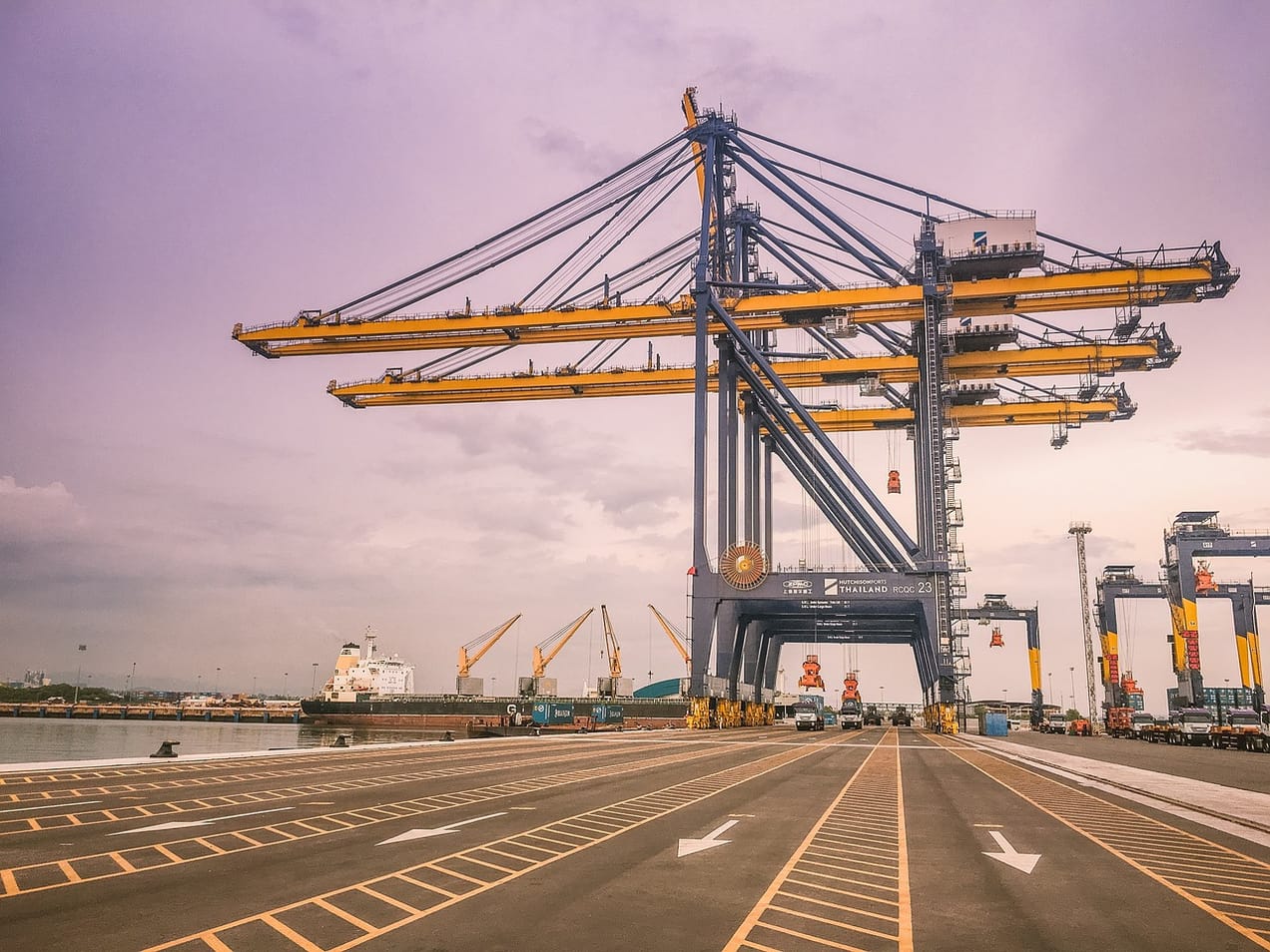
Responsibility for human rights can get complicated
Once a government has signed an international treaty and implemented it into national law, then all companies in that country (including their overseas subsidiaries) are also bound by the same obligations.
Summary: What seems to be rather poorly understood by some companies and investors is that in many cases, once a government has signed an international treaty and implemented it into national law, then all companies in that country (including their overseas subsidiaries) are also bound by the same obligations.
The big theme: Human rights issues are moving up the political and social agenda. And this goes a lot wider than most companies and investors will expect, covering the right to be protected from harm, and for culture and ways of life to be respected. And these rights increasingly have teeth.

The details
Summary of an article published by The Grantham Institute:
- As temperatures soar, wildfires burn and floods wreak devastation, communities across the globe are feeling the impacts of climate change more acutely than ever before. It is clear that things must change – is legal action the tool needed to make governments and big corporations step up? In 2021 alone, legal cases have prevented the Australian government from going ahead with constructing a new coal mine and compelled Germany to bring forward its climate targets, while the fossil fuel giant Shell has been ordered to cut its global carbon emissions by 45% by 2030 compared to 2019 levels. Meanwhile, in the ‘case of the century’, the French state was convicted for failing to meet its climate commitments after a petition was signed by 2.3 million citizens.
- Climate litigation cases involving the state are a relatively novel phenomenon, but these recent cases are not the first. The landmark Urgenda Foundation v. State of the Netherlands case in 2015 resulted in the Dutch Supreme Court mandating that the Dutch government must reduce greenhouse gas emissions by 25% from 1990 levels by the end of 2020. Three years later, the Future Generations v. Ministry of the Environment and Others case resulted in the Colombian government being ordered by the Supreme Court to implement protective measures to stop deforestation in the Amazon. The Grantham Research Institute, London School of Economic (LSE), has identified 37 of these ‘systemic mitigation’ cases worldwide, and last year the International Bar Association released a Model Statute, which suggests that more of these cases can be expected in future.
Let's look at why this is important...
Why is this important?
- National courts are using international human rights to hold companies accountable. This process is both important, and often poorly understood by investors. Taking legal action against governments who fail to fulfil their obligations under treaties etc is on the rise – as reported by a World Bank blog earlier in the year (taking governments to court over climate change).
- What seems to be less well understood is that the same legal process can often be used against companies. In many cases, once a government has signed an international treaty and implemented it into national law, then all companies in that country (including their overseas subsidiaries) are also bound by the same obligations. It’s worth digging down into this as we expect more and more companies to be subject to legal challenge – where their operations “impact” the human rights, both of people in the countries where they are based (such as the Shell case referred to it the World Bank blog) and elsewhere (the BHP/Vale Fundao dam collapse case).
- What we call the “duty bearer” under international law is the State. And the State has an obligation once it ratifies an international treaty to implement that treaty on its territory. This entails an obligation “to protect individuals on its territory and under its effective control from violations of the provisions in the treaty”. This means enacting good and effective legislation and implementing it fairly. This should protect individuals and groups of individuals not only from the State’s own actions but also the actions of other private actors (including companies). This is known as horizontal protection.
- All companies are subject to this sort of “horizontal” effect of international law – an individual or a company cannot expect impunity from murder or kidnapping (right to life; right to freedom of movement) or from unlawfully evicting someone from their property (right to housing and a decent standard of living). The implementation of these (and every other right directly enshrined in Human Rights Conventions or derived from other international law) is the obligation of the States that have ratified such Conventions. The first thing they do to live up to these obligations is to enact legislation that protects all of us from their violations and ensures redress if we experience violations. Up until recently, there has been a presumption that detailed legislation directly targeting investors and companies specifically was either not desirable or not necessary. Not so now.
- Realizing the importance, power, and relevance that private sector actors including companies and investors have on sustainable development, environment and human rights issues, the European Union is now regulating what such “actors” are doing. This action is not only via indirect regulation through the complex web of relevant national and EU legislation and standards, but increasingly directly – with legislative acts addressing the responsibility of these private actors on society and the environment. These legislative acts open up the companies to both direct legal actions by individuals who consider their human rights have been infringed, and to expensive redress and mitigation. For companies it's better to stay ahead of the trend, than to constantly be playing expensive catch up.
Something a little more bespoke?
Get in touch if there is a particular topic you would like us to write on. Just for you.
Contact us
Please read: important legal stuff.

